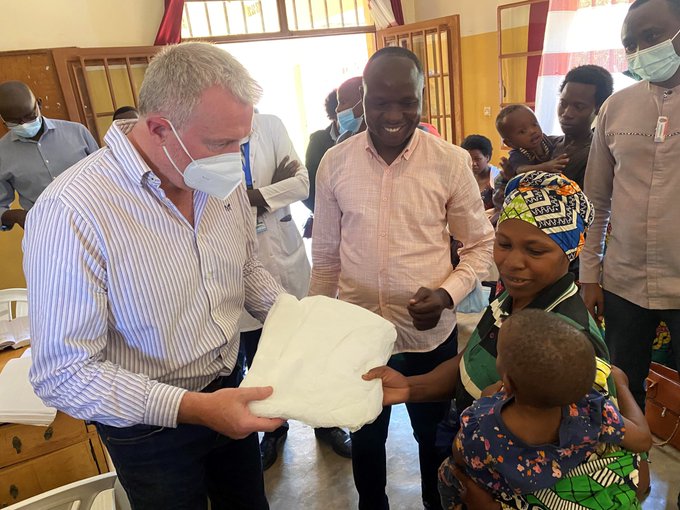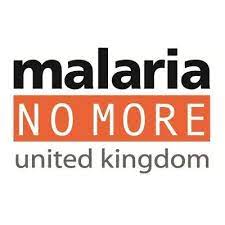Now we must ensure it reaches those who need it most.

First published on the ConservativeHome website.
The R21 vaccine marks a historic moment in the fight against one of the world’s oldest and deadliest killers.
For years, malaria has ravaged communities and torn families apart.
Millions of lives have been lost – mostly children under the age of five.
Countless livelihoods have been destroyed, plunging people into poverty and denying opportunities for education and employment.
We have won another battle in the war against malaria. And Brits have many reasons to celebrate.
The World Health Organisation (WHO) has announced a policy recommendation on the R21 malaria vaccine, developed by Oxford University’s renowned Jenner Institute. After extensive review, a joint advisory group of vaccine and malaria experts have declared the vaccine safe and effective in high-risk settings. Pending licensure, this vaccine will soon be rolled out to protect millions of people from this devastating disease.
Britain’s world-leading life sciences sector has once again delivered, and I feel immense pride in our scientists and leaders who have, for decades, been at the forefront of the fight against global infectious disease. In July, I travelled to a community hospital in Malawi and was privileged to meet one of the very first children in the world to have received GSK’s RTS,S malaria vaccine which was approved in 2021. With the development of R21, we now have two effective vaccines, and our arsenal of malaria-fighting tools has never looked stronger.
Yet, the job is not done. We must now ensure these vaccines reach those at risk in malaria endemic countries, and we must ensure that their impact is maximised by continuing to develop and deliver a full set of malaria tools and treatments. R21 is an incredible achievement, but it is not a silver bullet. We cannot afford to take our foot off the pedal.
Tragically, malaria mostly impacts young children and pregnant women. It pains me to say that despite immense progress made in the last decade, the disease still claims the life of a child every minute. While visiting antenatal health clinics in Rwanda in my role as vice-chairman of the APPG on Malaria and Neglected Tropical Diseases, I spoke with mothers in a daily battle to keep their children safe from malaria and saw the life or death stakes they face. I’ve seen the challenges of malaria firsthand while travelling worldwide with the Army, and know the physical and psychological toll it takes on people and communities.
What might not be widely known is that tackling malaria is good for Britain, as well as being crucial to saving lives overseas.
First, there is much to be gained from Britain becoming a science and technology superpower. Over the last decade, the UK has led the way on research into global infectious disease amongst a whole host of other areas. This thriving sector brings jobs and prosperity to our nation. Tackling malaria strengthens our economy and boosts trade both at home and abroad, as reducing malaria incidence by 10 per cent is associated with an average rise of 0.3 per cent GDP per capita. World-leading British science does far more than benefit the recipients of vaccines developed in the UK.
Second, a healthier global population keeps us all safe. It was decades of research into diseases like malaria that allowed British scientists to develop a vaccine against COVID-19 pandemic at unprecedented pace. It is these same scientists who pioneered the COVID response who have now developed the R21 vaccine – proof that investment in the development of vaccines is an investment in preventing future global health crises. Malaria may seem far from UK shores, but emerging threats like climate change and drug resistance means it is moving ever closer. Combatting malaria is in our national interest and now is not the time to be complacent about our collective health.
Finally, the millions of lives that Britain has helped to save – through science and through strong political leadership– is something that strengthens our international reputation and relationships with key allies. The UK has a long and proud history as part of the global team creating a safer and better world, and this latest achievement is something that we, as a nation, can proudly deliver to the world stage. This pride is reflected in the opinion of the British public, who strongly support the UK continuing to play a leading role in the fight against malaria.
I want to pay tribute to the scientists who have dedicated years of research that has culminated in WHO approved vaccines.
We now have a second effective vaccine in our arsenal. We have world-leading science capabilities to keep on innovating. We have the backing of the British public. Let’s get the job done.

